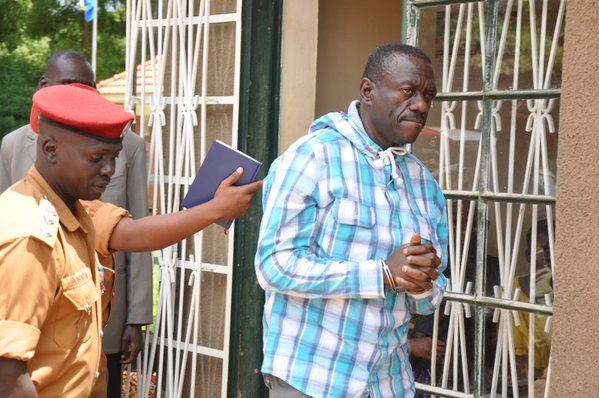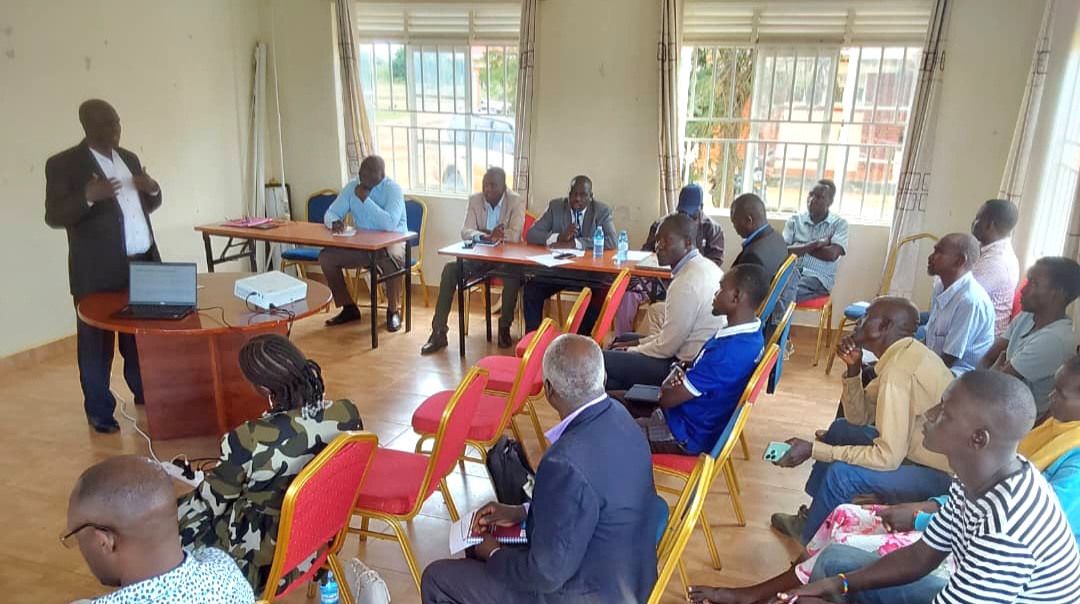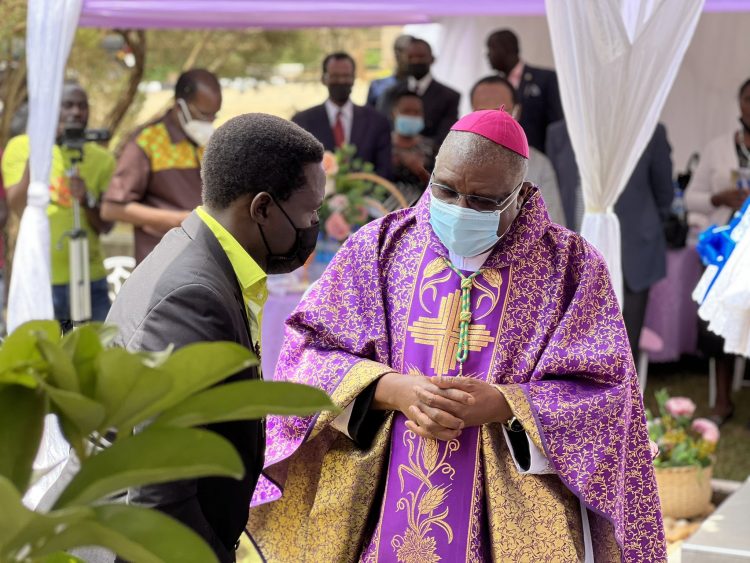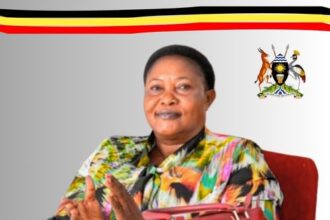The Kyenjojo Road project has become the latest flashpoint in Uganda’s infrastructure procurement controversies, with echoes of the infamous Katosi Road scandal looming large. The more than $100 million project was controversially awarded to Arab Contractors amidst protests from competing bidders who allege procedural irregularities and favoritism. These concerns have brought the integrity of the process under scrutiny, raising critical questions about whether Uganda is once again jeopardizing public trust in its infrastructure development.
The Stakes:
Kyenjojo Road is more than just another road project. It is a lifeline for residents in western Uganda and a strategic route for boosting tourism and economic activity in the region. With the president having promised this road to the people, expectations are high, and failure is not an option. However, rushing the procurement process or awarding the contract to an unqualified company could undermine the project’s success, waste public resources, and delay progress for years to come.
Allegations Against Arab Contractors:
The primary concerns raised by the discontented bidders revolve around Arab Contractors’ eligibility and compliance with procurement requirements. Key questions include:
1. Forgery of the Bill of Lading: Allegations suggest that Arab Contractors may have forged or misrepresented the bill of lading submitted to the Uganda National Roads Authority (UNRA). Was this document included in the bid book as required, or was it submitted later to bolster their application? If true, this would be a direct violation of procurement rules.
2. Financial Statements: Bidders were required to present certified audited financial statements, including for the year 2022. Critics argue that Arab Contractors failed to meet this requirement, submitting incomplete financial documents as late as August 2023. This raises questions about their financial stability and transparency.
3. Motorized Powers of Attorney: Procurement guidelines mandate bidders to provide properly motorized powers of attorney to validate their legal capacity to participate. The absence of this document from Arab Contractors’ submission is a glaring omission that calls their bid’s legitimacy into question.
4. Certified Audited Books of Accounts: Did Arab Contractors provide certified audited accounts, or were they allowed to bypass this requirement by submitting less rigorous financial statements? This distinction is crucial, as the former ensures accountability and adherence to international financial standards.
A Politicized Process?
The controversy has taken a political turn, with claims that Arab Contractors was favored not based on merit but due to political connections. It is alleged that the company’s promoter is linked to the ruling National Resistance Movement (NRM), while the best-ranked bidder has ties to an opposition Democratic Party MP. If true, this would represent a troubling example of political interference undermining fair competition and public interest.
Lessons from Katosi:
Uganda has been down this road before, literally and figuratively. The Katosi Road scandal, which saw over $40 million lost to a dubious contractor, serves as a cautionary tale of what can happen when due diligence is sacrificed for expediency or favoritism. In that case, a contractor with no capacity to deliver was awarded the project, resulting in massive delays and financial losses. The parallels with Kyenjojo Road are alarming and demand urgent attention.
What Needs to Be Done:
To restore public confidence and ensure value for money, the Public Procurement and Disposal of Public Assets Authority (PPDA) must conduct a thorough review of the allegations. Specifically, they should:
1. Provide Evidence of the Bill of Lading: PPDA must confirm whether the bill of lading was received at UNRA on time and included in the bid book. Any forgery must result in immediate disqualification.
2. Clarify Financial Year Standards: The authority should specify whether the financial statements must align with the fiscal year of the tendering country or the bidder’s country of origin.
3. Verify Powers of Attorney: Arab Contractors must present the required motorized powers of attorney, as failure to do so would render their bid non-compliant.
4. Ensure Compliance with Auditing Standards: PPDA should demand certified audited books of accounts from all bidders to uphold accountability and transparency.
The Bigger Picture:
The government’s priority should be clear: to select the most qualified contractor at a reasonable price and within the specified timeframe. Political considerations must not override this objective. Awarding contracts based on connections rather than competence risks undermining infrastructure development, eroding public trust, and discouraging future investment.
Uganda has the resources and bidders to get this project right. What it needs now is transparency, accountability, and a commitment to due process. The people of Kyenjojo have waited long enough for this road; they deserve to see it built by a contractor who can deliver on time, within budget, and to the highest standards. Let this not be another Katosi Road—let it be a success story of integrity and development.
Do you have a story in your community or an opinion to share with us: Email us at Submit an Article









